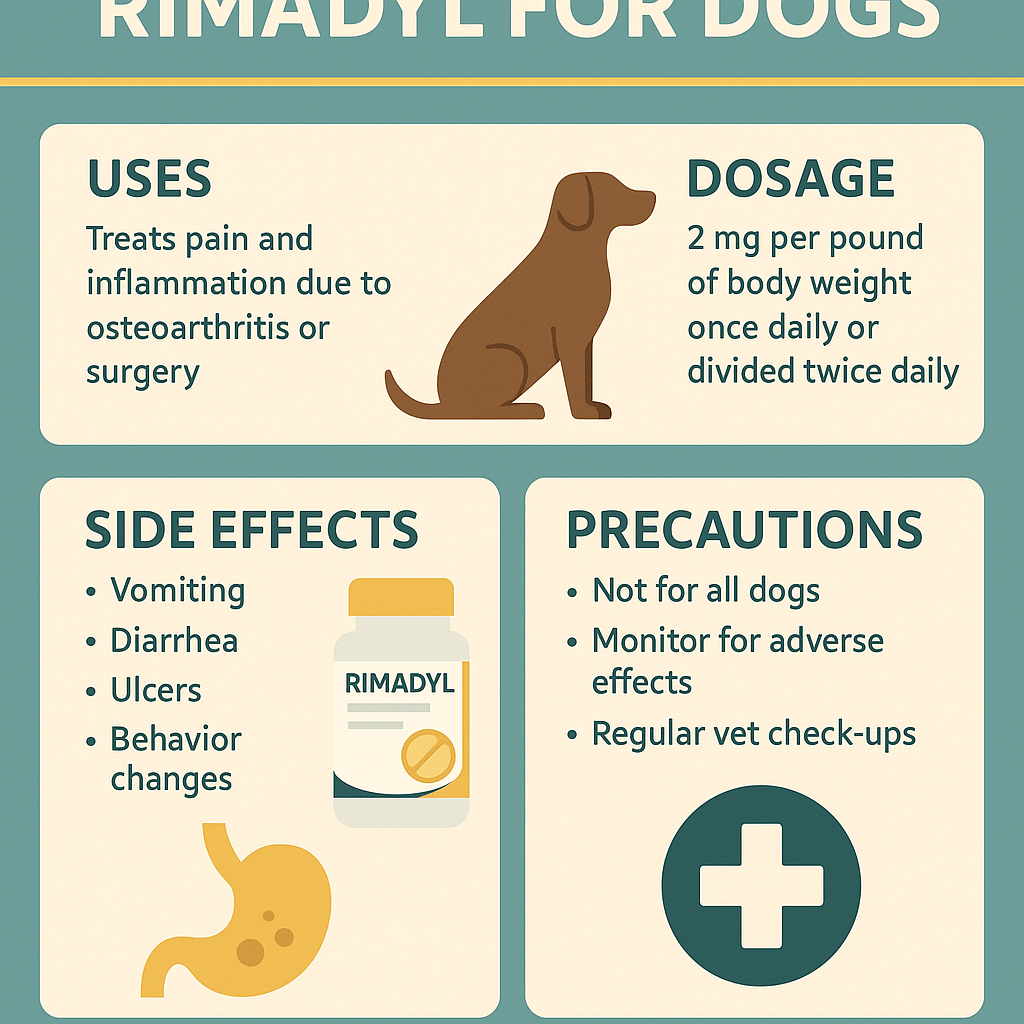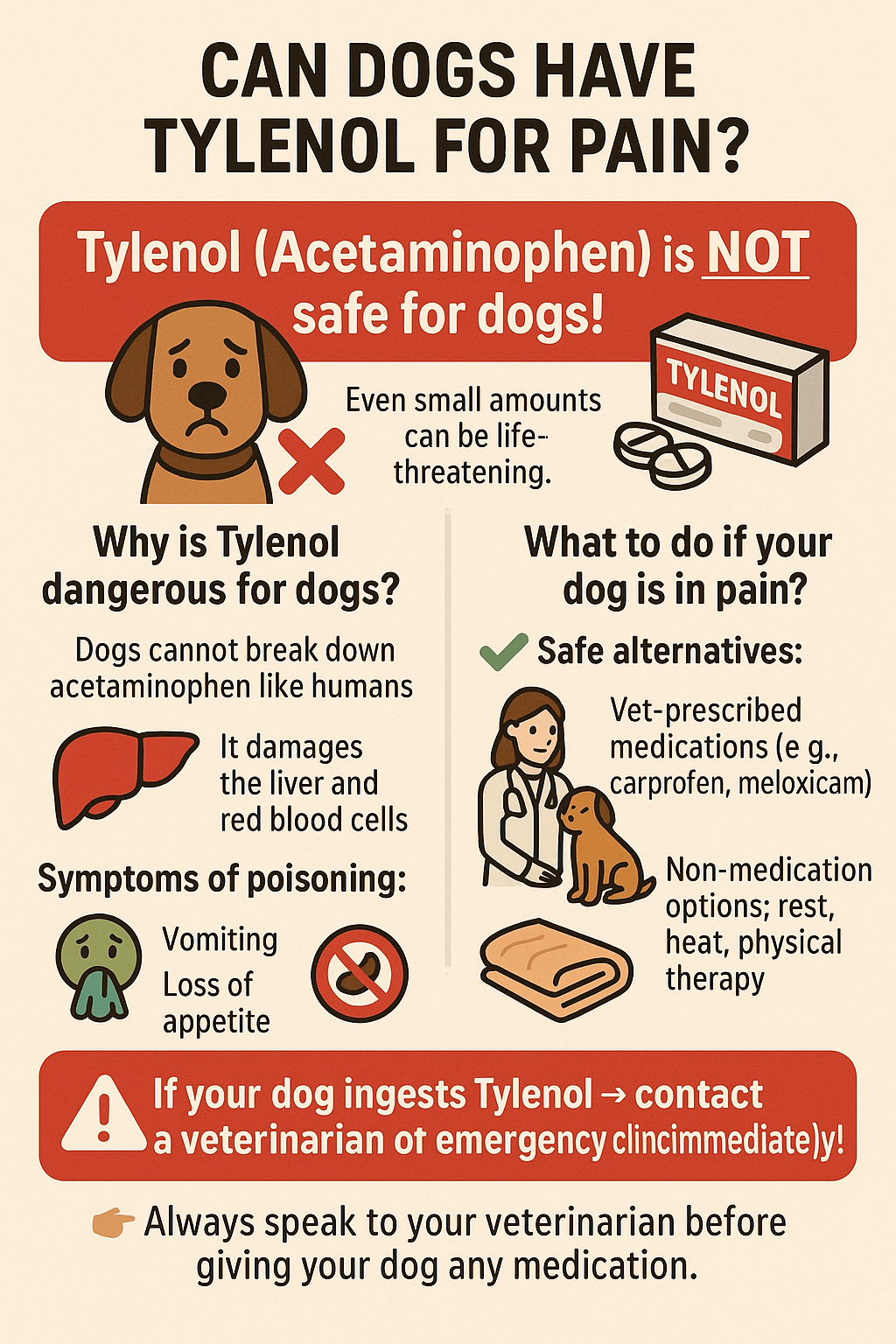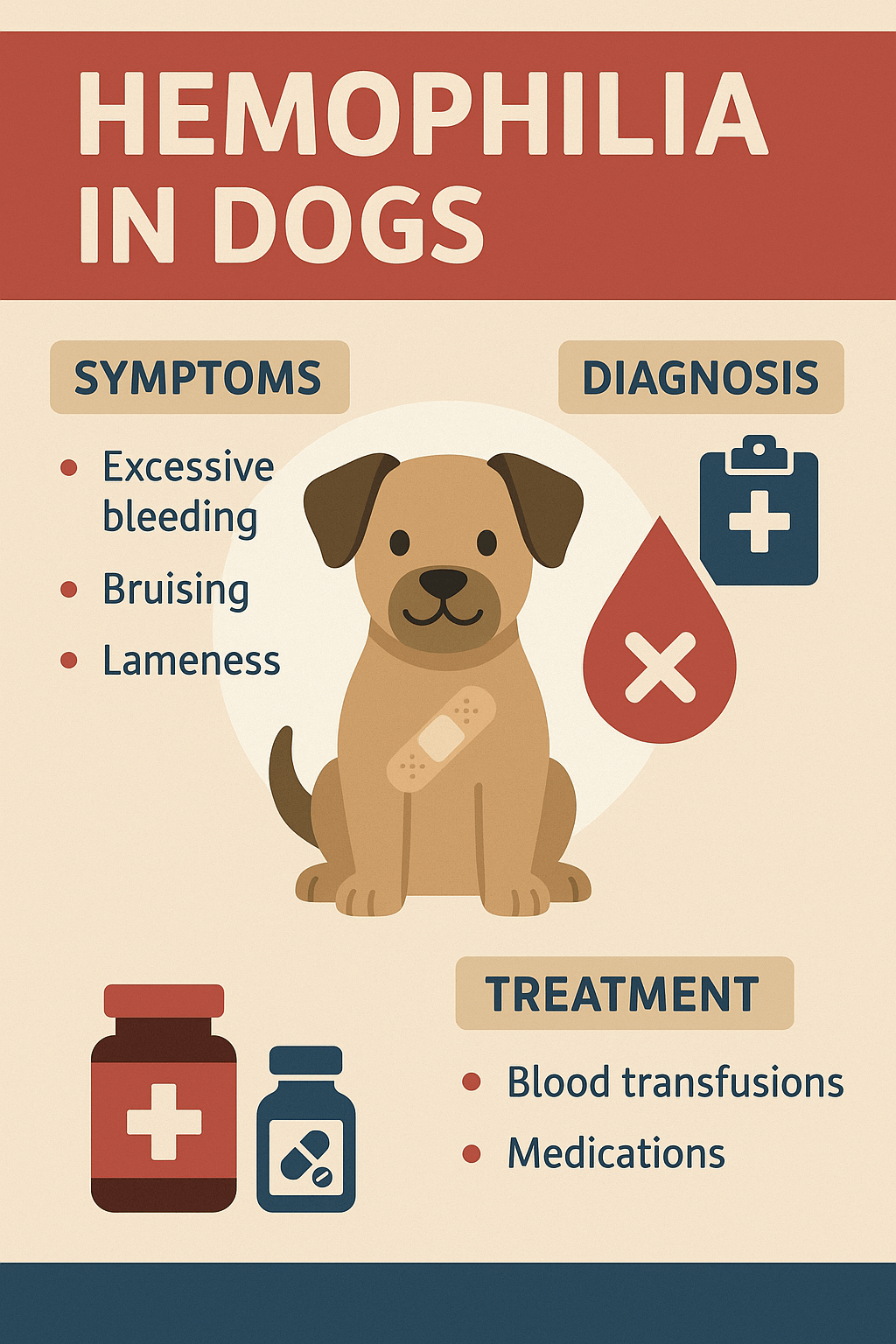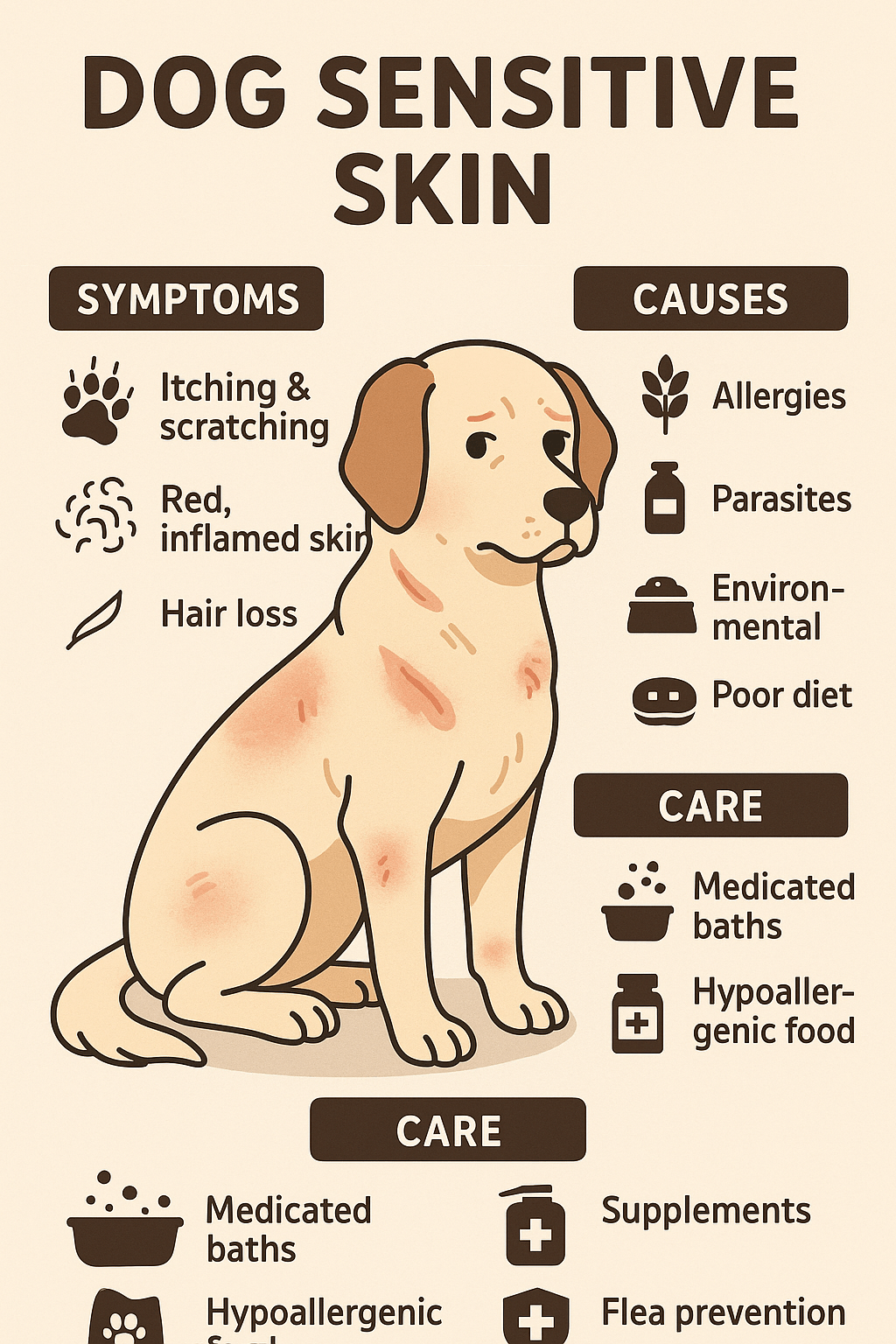What Dog Has the Shortest Lifespan? Understanding the Lifespans of Our Furry Friends
When choosing a dog to bring into your home, one of the many factors to consider is their lifespan. While some breeds live well into their teens, others have significantly shorter lifespans due to genetic predispositions and health challenges. Knowing which dogs have the shortest lifespans can help potential owners prepare emotionally and practically for the time they’ll share with their furry companions. In this blog post, we’ll explore the breeds with the shortest lifespans, the reasons behind their limited longevity, and how you can provide the best care to maximize their quality of life. By understanding these factors, you’ll be better equipped to make informed decisions about pet ownership and cherish every moment with your beloved dog.
Dog Breeds With the Shortest Lifespans
Certain dog breeds are known for having shorter lifespans compared to others. These breeds often face specific health issues that contribute to their reduced longevity. Here are some examples of dogs with the shortest lifespans:
Great Dane:
Known as gentle giants, Great Danes typically live 7–10 years due to their large size and susceptibility to conditions like bloat and heart disease.Bernese Mountain Dog:
This breed has an average lifespan of 6–8 years, often impacted by cancer and joint problems.Irish Wolfhound:
With a lifespan of 6–8 years, Irish Wolfhounds are prone to heart disease and bone cancer.Bulldog:
Bulldogs live around 8–10 years and often struggle with respiratory issues and hip dysplasia.Mastiff:
Mastiffs have a lifespan of 6–10 years and are at risk for heart disease, hip dysplasia, and obesity-related issues.
These breeds may have shorter lives, but their loving nature and unique personalities make them cherished companions during their time with us.
Factors That Contribute to a Shorter Lifespan in Dogs
Several factors influence why certain breeds have shorter lifespans than others. Understanding these elements can help owners provide better care and support for their pets.
Size Matters:
Larger breeds tend to have shorter lifespans due to faster growth rates and increased stress on their bodies.Genetic Predispositions:
Some breeds are genetically prone to specific health conditions, such as cancer or heart disease, which shorten their lives.Health Issues Related to Breeding Practices:
Overbreeding and poor breeding practices can lead to inherited health problems that reduce longevity.Environmental Factors:
Diet, exercise, and living conditions also play a role in determining a dog’s lifespan.Lifespan Variability Within Breeds:
Even within a breed, individual dogs may live longer or shorter lives depending on their genetics and lifestyle.
By recognizing these factors, owners can take proactive steps to improve their dog’s health and potentially extend their lifespan.
Check this guide 👉Kangal Dog Lifespan: Best 7 Expert Tips!
Check this guide 👉The Life Expectancy of a Three-Legged Dog: Best 7 Tips!
Check this guide 👉The Life Cycle of a Dog: Best 7 Expert Tips!

Breed | Average Lifespan (Years) |
|---|---|
Great Dane | 7–10 |
Bernese Mountain Dog | 6–8 |
Irish Wolfhound | 6–8 |
Bulldog | 8–10 |
Mastiff | 6–10 |
Tips for Maximizing Your Dog’s Quality of Life
While you can’t change your dog’s genetic predisposition, there are ways to ensure they live a happy and healthy life for as long as possible. Here are some tips to maximize their quality of life:
Provide a Balanced Diet:
Feed your dog high-quality food tailored to their age, size, and breed-specific needs.Maintain Regular Vet Check-Ups:
Early detection of health issues can prevent complications and extend your dog’s life.Ensure Adequate Exercise:
Regular physical activity helps maintain a healthy weight and reduces the risk of obesity-related illnesses.Monitor for Breed-Specific Health Issues:
Be aware of common health problems in your dog’s breed and address symptoms promptly.Create a Stress-Free Environment:
A calm and loving home environment supports mental and emotional well-being.
By focusing on these aspects, you can give your dog the best chance at a long, fulfilling life despite their shorter genetic lifespan.
How to Prepare Emotionally for a Dog With a Short Lifespan
Owning a dog with a short lifespan requires emotional preparation and resilience. Here are some ways to navigate this journey with love and grace:
Acknowledge the Time You Have:
Focus on creating meaningful memories rather than dwelling on the limited time.Celebrate Their Unique Personality:
Cherish the quirks and traits that make your dog special and enjoy every moment together.Seek Support from Other Owners:
Join online communities or local groups for owners of similar breeds to share experiences and advice.Consider Professional Counseling:
If needed, talk to a therapist or counselor to process emotions related to losing a pet.Plan for End-of-Life Care:
Discuss options like palliative care or euthanasia with your vet to ensure your dog’s comfort in their final days.
Preparing emotionally allows you to fully embrace the joy your dog brings while coping with the inevitable challenges ahead.
Common Health Issues in Short-Lived Dog Breeds
Dogs with shorter lifespans often face specific health challenges that contribute to their reduced longevity. Understanding these conditions can help you recognize symptoms early and seek appropriate care.
Bloat (Gastric Torsion):
Common in large breeds like Great Danes, bloat is a life-threatening condition where the stomach twists and fills with gas.Hip Dysplasia:
Many short-lived breeds, such as Mastiffs and Bulldogs, are prone to this painful joint disorder caused by abnormal hip development.Heart Disease:
Conditions like dilated cardiomyopathy are prevalent in breeds like Irish Wolfhounds and can significantly impact their lifespan.Cancer:
Bernese Mountain Dogs and other large breeds have a high risk of developing various types of cancer.Respiratory Issues:
Brachycephalic breeds like Bulldogs often struggle with breathing problems due to their flat faces and narrow airways.
By staying informed about these health issues, you can take proactive steps to manage your dog’s well-being and improve their quality of life.
Ways to Strengthen Your Bond With a Short-Lived Dog
Even if your dog’s time with you is limited, there are countless ways to deepen your connection and create lasting memories. Here are some ideas to strengthen your bond:
Engage in Daily Playtime:
Regular play sessions keep your dog physically active and provide opportunities for bonding.Practice Training Together:
Teaching basic commands or tricks strengthens communication and builds trust between you and your dog.Go on Adventures:
Explore new places together, whether it’s a hike, a trip to the beach, or simply a walk around the neighborhood.Spend Quiet Time Together:
Cuddle up on the couch or enjoy peaceful moments that allow you to connect on a deeper level.Capture Memories:
Take photos or videos of your dog to preserve cherished moments and celebrate their unique personality.
These activities not only enhance your relationship but also ensure your dog feels loved and valued throughout their life.
Signs Your Dog Is Living a Happy and Fulfilling Life
Regardless of their lifespan, ensuring your dog is happy and content should be a top priority. Here are signs that your dog is living their best life:
Playful Energy:
A dog that eagerly engages in play and shows curiosity about their surroundings is likely feeling joyful.Healthy Appetite:
Consistent eating habits indicate that your dog is comfortable and free from significant health concerns.Relaxed Body Language:
Loose muscles, wagging tails, and soft eyes suggest your dog feels safe and at ease.Strong Bond with You:
If your dog seeks out your attention and enjoys spending time with you, it’s a sign of a strong emotional connection.Regular Sleep Patterns:
Dogs that sleep soundly and wake up refreshed are typically content and stress-free.
By observing these signs, you can rest assured that your efforts to care for your dog are paying off, allowing them to live a fulfilling life despite their shorter lifespan.
Frequently Asked Questions About Dog Lifespans
Why do larger dogs have shorter lifespans?
Larger dogs age faster and experience more strain on their organs and joints, leading to earlier health declines.
Can smaller dogs live longer than larger ones?
Yes, smaller breeds generally have longer lifespans, often reaching 12–16 years or more.
Is it possible to extend my dog’s lifespan?
While genetics play a role, proper care, diet, and veterinary attention can help maximize your dog’s lifespan.
What should I do if my dog shows signs of illness?
Contact your veterinarian immediately to diagnose and treat any potential health issues.
How can I honor my dog after they pass away?
Create a memorial, plant a tree in their memory, or write a tribute to celebrate their life.
Final Thoughts: Making the Most of Every Moment
While some dog breeds have shorter lifespans, the love and joy they bring into our lives are immeasurable. Understanding the factors that contribute to their limited time with us allows us to provide the best possible care and cherish every second together. Whether you’re considering adopting a breed with a shorter lifespan or already sharing your home with one, remember that the bond you create is what truly matters. By focusing on quality over quantity, you can ensure your dog’s life is filled with happiness, comfort, and unconditional love. No matter how long they stay, the memories you make will last a lifetime.
Rimadyl for Dogs: Best 7 Expert Tips! Discover expert advice on using Rimadyl safely, managing pain, and improving your dog’s mobility with trusted veterinary insights.
Can Dogs Have Tylenol for Pain? Best 7 Expert Tips! Discover the risks, safe alternatives, and expert advice on managing your dog’s pain effectively while avoiding harmful medications.
Understanding Hemophilia in Dogs: Best 7 Expert Tips! Discover expert advice on managing hemophilia, recognizing symptoms, and ensuring your dog’s well-being with practical care strategies.
Understanding Dog Sensitive Skin: Best 7 Expert Tips! Discover expert advice on managing dog sensitive skin, relieving irritation, and improving your pup’s comfort with practical solutions.





